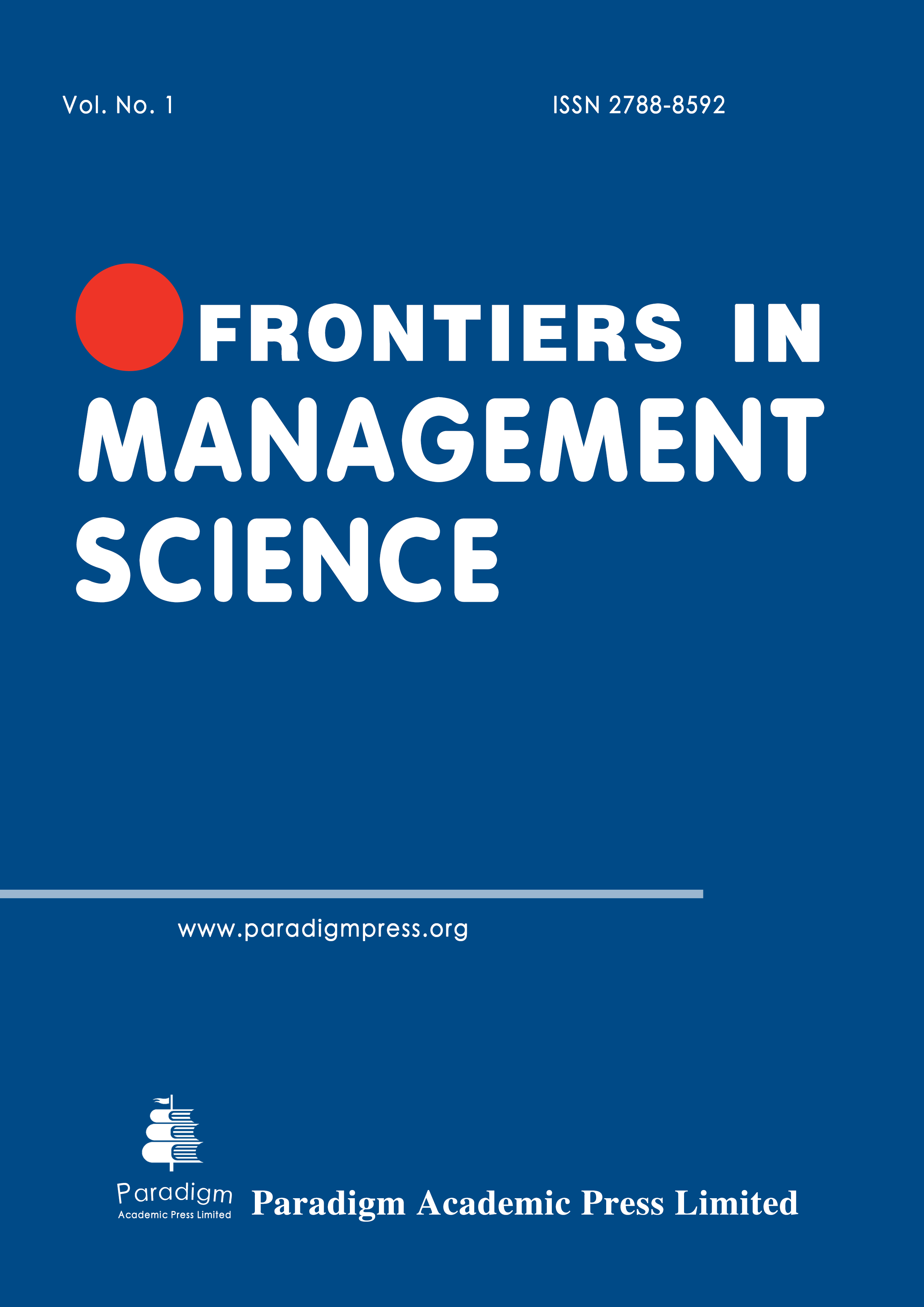Waste Management Strategy to Save Environment and Improve Safety of Humanity
Keywords:
global waste, circular economy, waste managementAbstract
Wastes are defined as the generation of valueless substances that are thrown away after their use that result negative impacts on human health as well as increased pollution of land, air, and water. Some major causes of increased wastes are local and global economic development, urbanization, and improving living standards in cities. Waste management (WM) is a comprehensive type of activities that encompass the collection, handling, transportation, treatment, storage, processing, recycling, and disposal of wastes efficiently. Ineffective and inefficient WM results in greenhouse gas (GHG) and toxic emissions, and the loss of precious materials and resources. It creates an unhealthy and unhygienic living environment, and it is responsible for the spread of diseases, and pollution of lakes and water bodies leading to loss biodiversity. An integrated WM approach is a crucial part for sustainable development strategies and for saving environment, and maintaining proper healthcare. This study takes an attempt to discuss WM policy to reduce the dangerous effects of wastes on the environment and human health.



